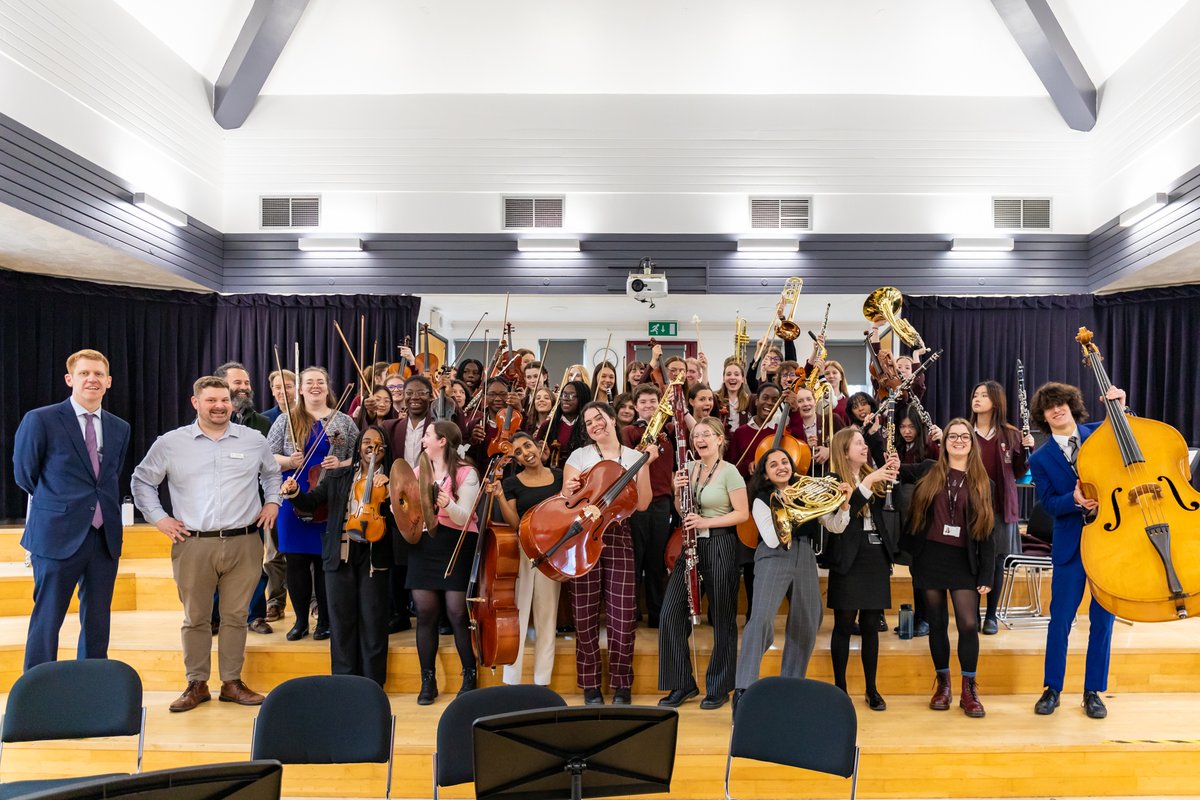Latest News
Women in Leadership
Name: Amanda Bone
Role: Senior Texture Artist TD (working in Visual Effects (VFX) for film and TV) - A CGI model starts as matt grey, it is my job to create ‘maps’ that add colour and information about the surface e.g. how shiny it is.
Company: Framestore
A bit about you: Artist, gamer and flatpack queen. I grew up in the countryside near Maidstone and became obsessed with film from an early age. I moved to London for university and loved city life so much I never left . I've now lived in London and worked in the film industry for nearly 20 years.
What is it like working in your company? I have been around the world, at lots of different companies, working on everything from big Marvel films to Dr Who. I'm currently at Framestore which is enormous fun, there is a great atmosphere and comradery. It has been difficult in the lockdown because we have all been working from home for nearly 2 years. I will be leaving this company for an exciting new role this month, despite having never set foot in the building of this new company!
Why did you decide to go into your chosen field? I have always been passionate about film and when I saw Jurassic Park around age 11, I knew I wanted to either dig up dinosaurs or bring them back to life.
What qualifications and work experience did you need to reach your current position? I achieved good GCSEs and A-levels and did work experience at a museum display fabricator. I studied ‘Special Effects Engineering and Design’ BSc and achieved a first class degree.
I worked in prop and costume fabrication for a few years, making armour for Brad Pitt and Batman, but decided to start from scratch and try my hand at computer generated images. I trained as a junior and worked my way up from the bottom to become a senior technical director.
But that’s just me. Visual effects is an industry that attracts a very diverse skills base, because everything that would normally be done on a film set, needs to be recreated within the computer.
Universities such as Bournemouth are highly respected for their VFX courses, but I know colleagues that have dropped out of school and others with a wide range of qualifications, just a few examples are Mathematics BSc, a PhD in philosophy, an MA in Computer Art and a BA in East Asian culture and languages. All of these colleagues started following internet tutorials and taught themselves.
Lots of people start out as runners, helping with the everyday functioning of the company. It is very hard work but you might get to serve very famous actors and directors tea!
What do you enjoy the most about your job? There is nothing quite like working for months on a project and then seeing it all come to life on the big screen and there is still something magical about seeing your name in the credits. I love creating monsters and I took particular pleasure in how creepy people found the spiders I did for Dr Who.
My job has also meant I was able to live in Sydney Australia for a while, which was a fantastic adventure.
What obstacles have you overcome in your career? I am very dyslexic, so school and university were challenging. Thankfully my chosen area of expertise doesn't require me to have accurate spelling and because I am aware of the problem, I always have people spell check my work.
Why do you think it is important to have a strong female representation in your industry? Over the years I have been on projects where I was the only woman in the room. The industry has greatly improved from when I first started. There is still plenty of work to do to encourage diversity. Having strong visible representation encourages people to think about it as a career. I believe a lot of people do not realise it is an industry they can thrive in, because they do not see themselves in documentaries and publicity for these modern creative industries.
What advice would you give those wanting to take a similar career path? School isn't the be all and end all of everything, but good marks get you into the university you want, and set you on your pathway. University gives you access to resources, experience and helps you develop your portfolio. I struggled at school, the only advice I can give is put your heart and soul into lessons you love, then consider the rest as a means to an end.
A lot of companies like you to have traditional artistic skills - it is worth practising drawing and sculpting. You can use sites like Instagram and Artstation to create an online portfolio. Always remember to keep it separate and professional from your personal/fun accounts.
Never put mediocre work in your portfolio. It is tempting, when you are starting out and do not have a lot of examples of your work, to try and fill out your showreel or portfolio with everything you have. But it is worth putting in only the very best, even if that means you only have one or two samples.
YouTube is your friend, there are lots of free tutorials on all the major programs to try your hand at and explore the different areas of VFX.
Free programs used by a lot of studios that are worth learning and practising.
(You may need to check if your computer is powerful enough)
- Blender https://www.blender.org/
- Unreal https://www.unrealengine.com/en-US/ https://www.unrealengine.com/en-US/download
Programs that I use, giving schools and students free licences.



























